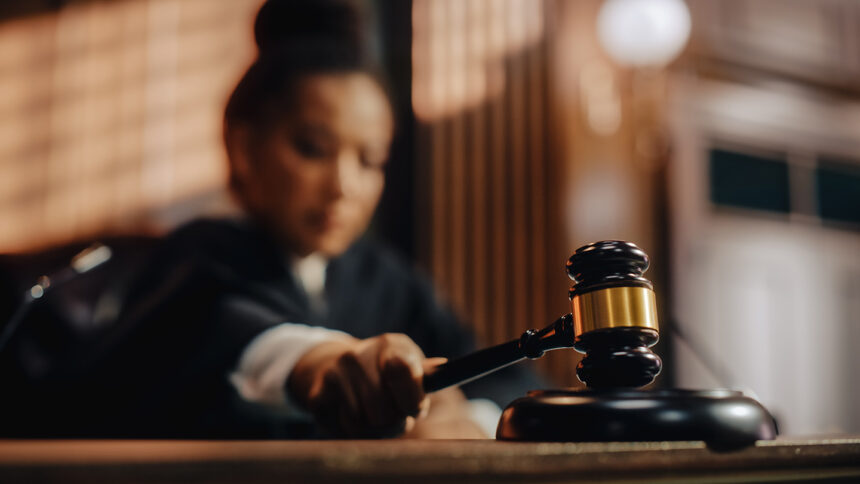
The former owner of Skyline Healthcare will stand trial next year on allegations that he perpetuated a nearly $39 million fraud that played into the collapse of his quickly assembled, multi-state nursing home portfolio.
During a brief hearing Thursday, Judge Susan Wigenton of the US District Court for the District of New Jersey set a Feb. 18 trial date for Joseph Schwartz.
In May, Wigenton rejected a plea deal between Schwartz and the US Attorney’s Office. That deal had called for Schwartz to spend a year and one day in prison and pay $5 million in restitution.
Wigenton tossed the agreement and allowed Schwartz to either withdraw his related guilty plea and stand trial or go forward with the deal and face a potentially harsher sentence. Attorneys for Schwartz withdrew his plea on Aug. 23, according to court documents.
Schwartz was initially indicted in 2022 on 22 counts related to his alleged failure to account for and pay to the IRS taxes collected on behalf of Skyline employees. If convicted, he faces a maximum of five years in prison and a $250,000 fine for tax fraud, as well as another 10 years and an additional $250,000 fine for failure to file critical paperwork related to the retirement plan.
Federal prosecutors have said Skyline Management’s IRS debt led to the collapse of the firm and its Skyline Healthcare subsidiary. Skilled nursing facilities from Arkansas to Massachusttes were affected by Scwartz’s scheme, with state officials taking over dozens of facilities through the receivership process when concerns about getting food and medicine to residents became evident.
The implosion, and the risks to resident safety, caught the attention of the national media. Scrutiny around the Skyline case ushered in a wave of new ownership transparency requirements for federal funded nursing homes, the latest of which kicks in this week with new reporting for many providers.
All parties are expecting a lengthy build-up to the pending trial, and delays are possible. In an initial request for continuance filed earlier this month, the US Attorney’s Office for New Jersey and Scwartz attorney Kevin Marino agreed that the “complex case” would be unable to come to trial within 70 days.
“The discovery in the case is expected to be voluminous, consisting of, among other things, well over 2.5 million documents, and additional time is necessary to ensure that, taking into account the exercise of due diligence, defense counsel have sufficient time to review and inspect discovery and further investigate the charges in this matter,” they acknowledged.
The continuance also notes the extra time allows the parties to engage in further plea negotiations, although any new agreement would have to meet Wigenton’s approval.
Schwartz, who attended Thursday’s 15-minute scheduling hearing, has been free from any curfew or electronic monitoring since March. He had been on house arrest for almost two years prior to entering his guilty plea.




